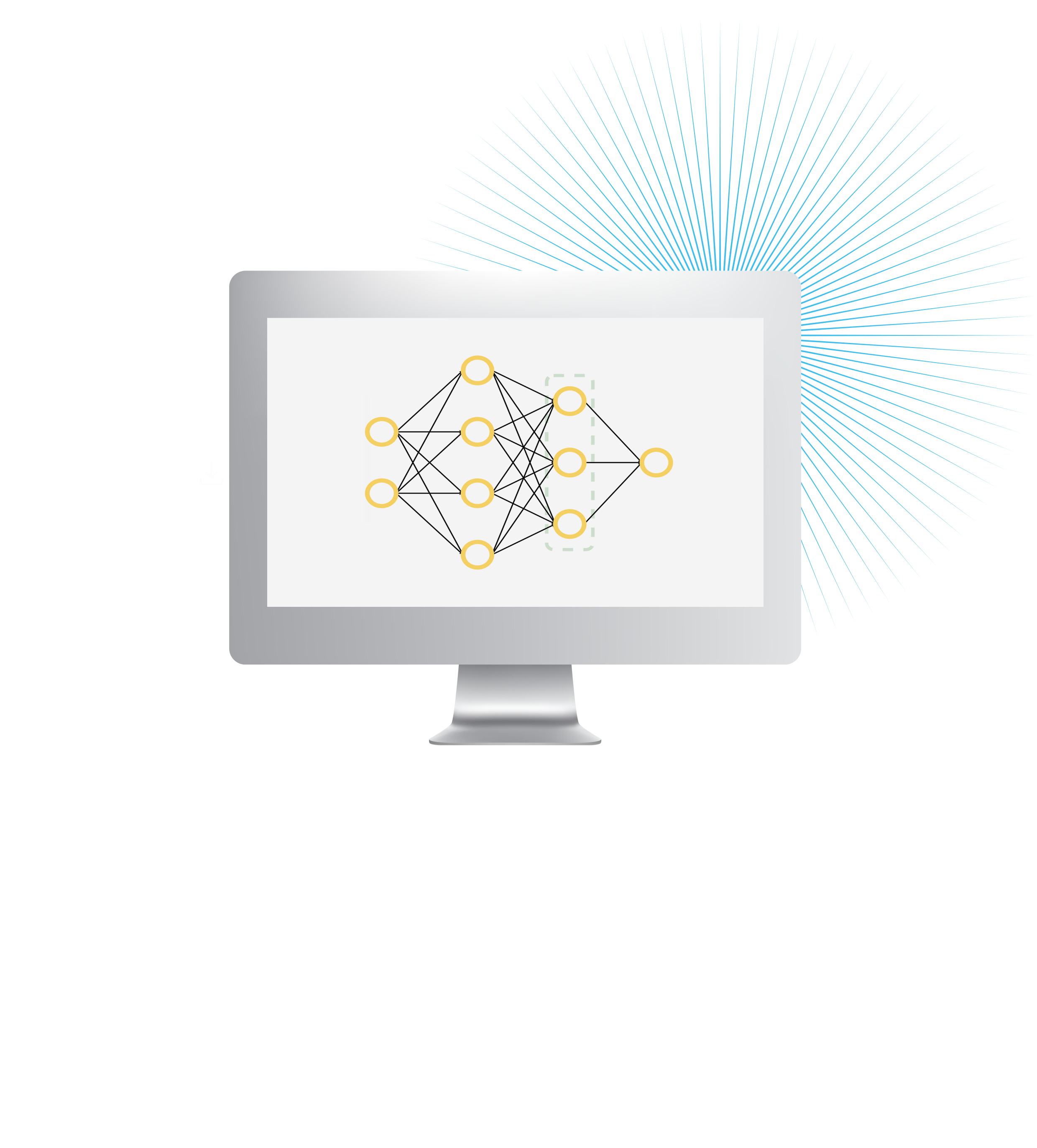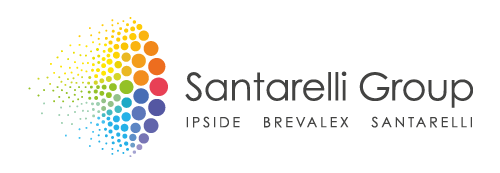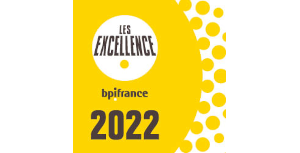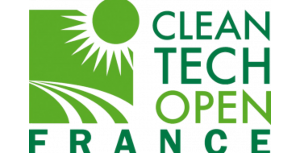The performance of 'Large Language Models' (LLMs) such as GPT3 or ChatGPT has given rise to a new generation of start-ups whose business model is no longer based on the development of their own AI model from scratch, but rather on the re-training, or fine-tuning, of existing LLMs.
This article, limited to the field of patents, discusses what assurance the open-source license for an artificial intelligence model, such as an LLM, gives to the users of that model that they can re-train it without risk of committing an act of patent infringement.
The distribution of an AI model under an open-source license does not prevent contributors to the open-source project from holding patents to the technologies implemented.
The promise of an open-source license, in the field of conventional software, is to allow the user of the software to use, modify and re-distribute it freely, or at the very least, with a minimum of constraints.
These constraints are defined by the open-source license under which the software is distributed. The clauses of open-source licenses are highly variable. It is usual to differentiate so-called ‘permissive’ licenses, which impose few obligations on the users of the software distributed under open-source license, from so-called ‘copyleft’ licenses which require any work derived from such software to be distributed under the same license.
Some open-source licenses contain a clause relating to patents. Put very loosely, such a clause may for example provide (based on the Apache 2.0 license) that any contributor to a program distributed under that license grants a patent license to use, sell, transfer the program, etc., where such license however applies only to those patent claims licensable by such contributor that are necessarily infringed by their contributions alone or by combination of their contributions with the program to which such contributions were submitted.
It is to be noted that the scope of the patent license included in such a license is defined rather narrowly according to the computer program distributed under the open-source license.
In the field of artificial intelligence, that program is most commonly the artificial intelligence model itself (typically neural network-based), resulting from development.
The authorization to use the AI model conferred by the open-source license generally does not extend to methods of training the AI model
The specificity of developments in the field of artificial intelligence is that, although the AI model is usually the main result obtained from development, it is very often not the only protectable element. :
The most inventive element, which required the most investment, may indeed be the training method used to obtain the AI model (for example, developing a suitable cost function, etc.).
In many cases, such a training method may be protected by a patent.
However, because the scope of an open-source license is defined according to the program distributed under the open-source license, it would appear difficult to consider that the patent license included in that open-source license would extend to elements other than the program, that is to say other than to the AI model itself.
In particular, because the AI model upon which depends the scope of the open-source license, does not in most cases include any information as to how it was trained, it would appear that the open-source license cannot cover the training method used to obtain that model.
Subsequently, – subject to confirmation by a court decision and depending upon the jurisdiction concerned – the open-source license probably cannot be considered as authorizing the implementation of the training method of the artificial intelligence model.
Furthermore, in numerous cases, when an AI model is distributed under an open-source license, it is simultaneously presented and discussed in a scientific publication. The training method is generally disclosed in that publication.
Consider the scenario in which the authors of an AI model obtained a patent covering the method of training the model.
In this case, if a third party trains or re-trains the AI model (e.g. by fine-tuning) in the course of business, using that same training method, this might be considered as infringing the patent concerned.
What is more, it cannot be ruled out that, in some jurisdictions, in particular if the patent claims were deliberately formulated for that purpose, it could also be considered that claims for a training method also cover the IA model itself, if those claims are considered as defining a method of “manufacturing” an AI model, and if it is considered that the AI model considered was obtained directly by the training method claimed.
In conclusion, for AI models as for any software, distribution under an open-source license does not remove the need for prudence prior to implementing the software or AI model considered. The above analysis furthermore shows that special caution is required if it is planned to subject the AI model to additional training sessions: it should be checked in advance that performing those training sessions will not infringe third party rights.
As it happens, the open-source community has understood this risk and is starting to offer open-source licenses that are better adapted to the field of artificial intelligence.
A new generation of licenses specially adapted to developments in open source is in course of being launched. The first of these is the RAIL license. Although, in explicitly taking into account specific components of artificial intelligence models, patent clauses do not yet grant a patent license as broad as the community of open-source developers would like, they nevertheless constitute a decisive step in clarifying the scope of the rights conferred by an open-source license in the field of artificial intelligence.













